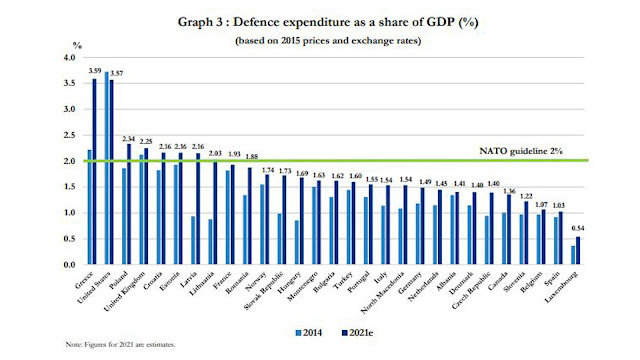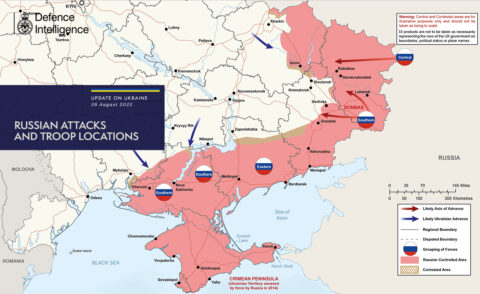In The Free Press, Katherine Boyle outlines the death-grip that elderly boomers retain on so many of the levers of our shared society, from government to business to (of course) the legacy media:

“Millennials” by EpicTop10.com is licensed under CC BY 2.0
The tens of millions of Americans that are, like me, millennials or members of the generation just younger, Gen Z, have been treated as hapless children our entire lives. We have been coded as “young” in business, in politics, and in culture. All of which is why we shouldn’t be surprised that millennials are the most childless and least home-owning generation in modern American history. One can’t play house with a spouse or have their own children when they’ve moved back into mom’s, as 17 percent of millennials have.
Aside from the technology sector — which prizes outliers, disagreeableness, creativity and encourages people in their twenties to take on the founder title and to build things that they own — most other sectors of American life are geriatric.
The question is why.
There are many theories — and many would-be culprits. Some believe it’s the fault of the Boomers, who have relentlessly coddled their children, perhaps subconsciously, because they don’t want to pass the baton. Others put the blame on the young, who are either too lazy, too demoralized or too neurotic to have beaten down the doors of power to demand their turn.
Then again, life expectancy is growing among the healthy and elite in industrialized nations, so perhaps this is all just progress and 70 is the new 40. But one can take little solace in the growing life expectancy of the last 200 years when comparing ourselves to more productive generations that didn’t waste decades on extended adolescence.
Every Independence Day, we’re reminded that on July 4, 1776, the most famous founders of this country were in their early 20s (Alexander Hamilton, Aaron Burr) and early 30s (Thomas Jefferson). Even grandfatherly George Washington was a mere 44. These days much of our political class, from Bill Clinton (elected president 30 years ago at age 46) to financial leaders like Warren Buffett (92), and Bill Gates (67) who launched Microsoft 48 years ago, are still dominant three and four decades after seizing the reins of power. CEOs of companies listed on the S&P 500 are getting older and staying in their jobs longer, with the average CEO now 58 years old and staying in his or her role 10.8 years versus 7.2 a decade ago. And our political culture looks even more gray: Twenty-five percent of Congress is now over the age of 70 giving us the oldest Congress of any in American history.
The Boomer ascendancy in America and industrialized nations has left us with a global gerontocracy and a languishing generation waiting in the wings. Not only does extended adolescence — what psychologist Erik Erikson first referred to as a “psychosocial moratorium” or the interim years between childhood and adulthood — affect the public life of younger generations, but their private lives as well.
In 1990, the average age of first marriage in the U.S. was 23 for women and 26 for men, up from 20 for women and 22 for men in 1960. By 2021, that number had risen to 28.6 years for women and 30.4 years for men, according to the Census Bureau, with 44 percent of U.S. women between the ages of 25 and 44 expected to be single in 2030. Delayed adulthood has had disastrous consequences for procreation in industrialized nations and is at the root of declining fertility and all-but-certain population collapse in dozens of countries, many of which expect the halving of their populations by the end of the century.
“Twenty-five is the new 18,” said The Scientific American in 2017, pointing to research that extended adolescence is a byproduct of affluence and progress in society. Which is why the finiteness of a mid-thirties half-life is such a surprise to those in their 20s and 30s. It runs counter to every meme and piece of advice young people receive about building a career, a family, a company and in turn, a country.
The prevailing wisdom in Western nations is that the ages of 18-29 are a time for extreme exploration — the collecting of memories, friends, partners and most importantly, self-identity. A full twelve years of you! Self-discovery aided by platforms built for broadcasting photos of artisanal cocktails and brunch. And with no expectation for leadership because there will be time for that, a generation can absolve oneself of responsibility for their actions. (Tragically, that was never true for half of the population, which is why we have a generation of extremely accomplished older women, who weren’t really aware how difficult it is to become pregnant at 39.)











